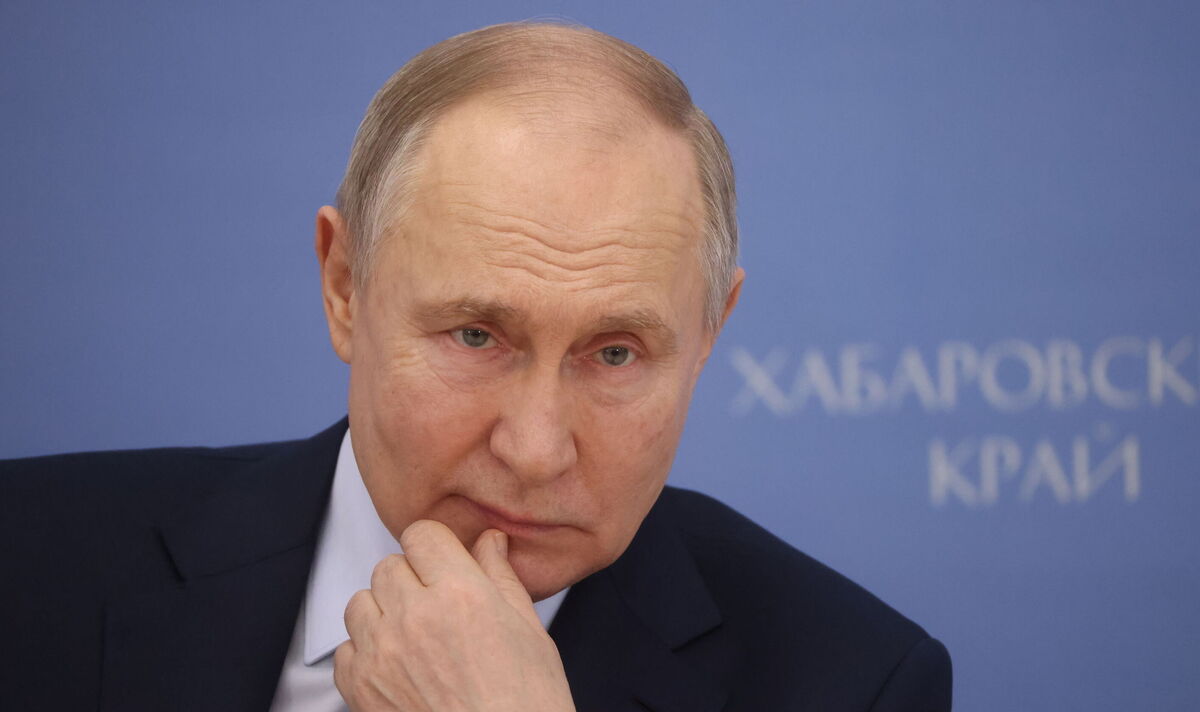It seems like you’ve shared a snippet from an article discussing Human Rights Watch’s (HRW) World Report 2024 and its coverage of the situation in Russia. In the context of cybersecurity and the blog topics I am knowledgeable about, there are a few points from the shared article content that are of particular interest and have relevance to internet freedom, digital rights, and cybersecurity:
1. **War Censorship**: The mention of stepped-up war censorship highlights an important and often dark role that cybersecurity operations can play in suppressing free speech and controlling the narrative during conflicts. The implication is that the Russian government may be utilizing digital surveillance, internet censorship, and potentially cyber-attacks or disinformation campaigns to control the information landscape within the country.
2. **Imprisonment of Critics**: This could involve the use of digital forensics and online surveillance to identify, track, and ultimately prosecute individuals who use digital platforms to voice opposition.
3. **Restrictive Legislation**: The expanding body of repressive legislation likely affects how individuals and organizations can operate online, potentially mandating censorship or the establishment of government-controlled internet infrastructure, effectively undermining internet freedom and security.
4. **Cybersecurity and Civil Society**: The discussion about bolstering the resilience of civil society in the context of Russian repression underscores the import of cybersecurity defenses in protecting human rights organizations and other civil society actors from government-sponsored attacks or surveillance.
5. **”Foreign Agents” and Legislation Criminalizing Assistance**: Such laws could have chilling effects on cybersecurity cooperation and information sharing, where individuals or organizations providing cybersecurity assistance or advice might be labeled as agents of foreign influence and prosecuted.
In a cybersecurity blog, these points could be expanded to discuss the importance of robust digital security practices for activists, the threats posed by overreaching cyber legislation, and the role of international cybersecurity communities in supporting digital rights and countering state-led cyber repression.
It’s important to note that while this article snippet does not directly discuss technical aspects of cybersecurity, it does provide an opportunity to discuss the broader context in which cybersecurity operates and how it intersects with human rights, freedom of expression, and government control over the internet

